Ivory Coast Has Ended it’s Military Cooperation with France
Ivory Coast Ends Military Cooperation with France: A New Chapter in Relations
In a significant diplomatic move, Ivory Coast (Côte d’Ivoire) has announced that it is ending its military cooperation with France. This decision marks a new chapter in the relationship between the two nations, which has been closely tied for decades due to historical and military ties. Ivory Coast’s shift away from France has raised questions about the future of security and military alliances in the region, as well as the broader implications for French influence in West Africa.
The Historical Context of France-Ivory Coast Military Ties
Ivory Coast and France have shared a long history of cooperation, stemming from the colonial period when Ivory Coast was a French colony. Even after gaining independence in 1960, Ivory Coast maintained strong ties with France, particularly in the areas of defense, military training, and security cooperation. France has had a military presence in several African countries, including Ivory Coast, where French troops have played a key role in maintaining security, especially during times of crisis.
One of the most significant moments of military cooperation occurred during the 2002 civil war in Ivory Coast, when France intervened in the conflict to protect its nationals and support peacekeeping efforts. French forces remained in the country as part of a broader peacekeeping mission until 2014, after which their presence gradually diminished, but the military cooperation between the two countries continued in various forms.
Despite these longstanding ties, tensions have been rising in recent years, especially as Ivory Coast seeks to assert more autonomy in its foreign policy and security matters. The end of military cooperation with France represents a turning point in the country’s evolving stance on international alliances and its desire to redefine its relationships with former colonial powers.
Ivory Coast’s Reasons for Ending Military Cooperation
Ivory Coast’s decision to terminate military cooperation with France comes amid a broader shift in the region toward greater African-led security solutions. Several African countries, including those in the Sahel region, have started to question the long-term effectiveness of foreign military interventions, particularly those involving former colonial powers.
For Ivory Coast, the decision appears to be motivated by a desire to reclaim full control over its national security policies and reduce reliance on foreign military support. The Ivorian government, led by President Alassane Ouattara, has been working to strengthen the country’s own military capabilities and build stronger regional alliances within West Africa.
In addition, the move is seen as part of a larger trend in which former French colonies in Africa are reevaluating their relationships with France. Growing anti-French sentiment across the African continent has been fueled by frustrations over perceived neo-colonial policies and the continued presence of French military forces in several African countries. Ivory Coast, like many other nations, may be seeking to distance itself from what it sees as an outdated security framework.
Regional and International Reactions
The decision to end military cooperation with France has elicited mixed reactions both within Ivory Coast and internationally. Domestically, many Ivorian citizens see this as a sign of the country’s growing independence and an assertion of its sovereignty. The move is likely to resonate positively among those who view France’s historical influence as a burden, and it may also strengthen the government’s popularity among nationalists and those advocating for African unity.
On the other hand, some analysts argue that Ivory Coast could face security challenges without the expertise and resources that France has historically provided. French military support has played a key role in counterterrorism efforts in West Africa, particularly in the fight against jihadist groups operating in the Sahel region. Ivory Coast’s decision to end this cooperation could potentially affect its ability to combat regional security threats effectively.
Internationally, the news has attracted attention, with many observers questioning the implications for French influence in West Africa. France has maintained military partnerships with several countries in the region, including Mali, Burkina Faso, and Niger, and the Ivory Coast decision may signal the beginning of a broader rethinking of these relationships. French officials have expressed disappointment over Ivory Coast’s decision, but it remains to be seen how France will respond and whether this will lead to changes in its broader approach to security in the region.
What This Means for France’s Role in West Africa
France has long considered its military presence in Africa as a key part of its geopolitical strategy. The country’s operations, such as “Operation Barkhane” in the Sahel, have been aimed at countering Islamist insurgencies and maintaining stability in the region. Ivory Coast’s move to end military cooperation may be a wake-up call for France, signaling that African countries are increasingly eager to take charge of their own security and forge new alliances outside the influence of former colonial powers.
In response to growing anti-French sentiment, France has already begun to scale back its military presence in some African countries. For example, France recently withdrew its forces from Mali after the military junta there decided to end the partnership in light of increasing anti-French sentiment. Similarly, there have been discussions about reducing France’s military footprint in other parts of West Africa. Ivory Coast’s decision could be seen as part of this broader trend, suggesting that France’s influence in Africa may be waning, and African countries are seeking alternative partners for security and economic cooperation.
Ivory Coast’s Future Security Strategy
With the end of its military cooperation with France, Ivory Coast will need to recalibrate its approach to national security. While the country has been strengthening its own military forces, it will need to seek new international partnerships and resources to ensure that it can effectively address regional security challenges, including terrorism and cross-border crime.
Ivory Coast is likely to turn to regional organizations such as the Economic Community of West African States (ECOWAS) for support in addressing security issues. ECOWAS has been active in promoting regional stability and peace, with member countries often stepping in to mediate conflicts or provide peacekeeping forces when necessary. Ivory Coast may also seek to strengthen its security ties with countries like the United States, which has been increasing its military cooperation with African nations in recent years, as well as China, which has become a growing player in Africa’s security and infrastructure development.
The country may also focus on enhancing its own military capabilities, including investing in modern equipment, improving training, and strengthening its intelligence and counterterrorism operations. By building a more self-reliant security apparatus, Ivory Coast hopes to ensure that it can maintain stability in the face of evolving regional threats.
The Future of France-Ivory Coast Relations
The decision to end military cooperation marks a significant shift in Ivory Coast’s relationship with France. While this move may strain ties between the two nations in the short term, it does not necessarily signal a complete break. Both countries will likely continue to maintain diplomatic relations and cooperate in other areas, such as trade and development.
The future of France-Ivory Coast relations will depend on how both sides navigate this new chapter. Ivory Coast is asserting its independence, but it also recognizes the importance of international partnerships for its long-term security and economic development. France, on the other hand, will need to rethink its approach to West Africa as more countries seek greater autonomy in their foreign and security policies.
Conclusion: A New Era for Ivory Coast and West Africa
Ivory Coast’s decision to end its military cooperation with France represents a significant shift in the country’s foreign policy. As Ivory Coast moves toward a more independent security strategy, it is part of a broader trend across Africa of reasserting sovereignty and reducing reliance on former colonial powers. While this change may create new challenges for Ivory Coast’s security, it also presents an opportunity for the country to build stronger, more diverse partnerships in the region and beyond.
In the coming years, the relationship between Ivory Coast and France will continue to evolve, and it remains to be seen how both countries will adapt to this new reality. The move reflects broader geopolitical changes in West Africa and signals a changing dynamic in international relations on the continent.

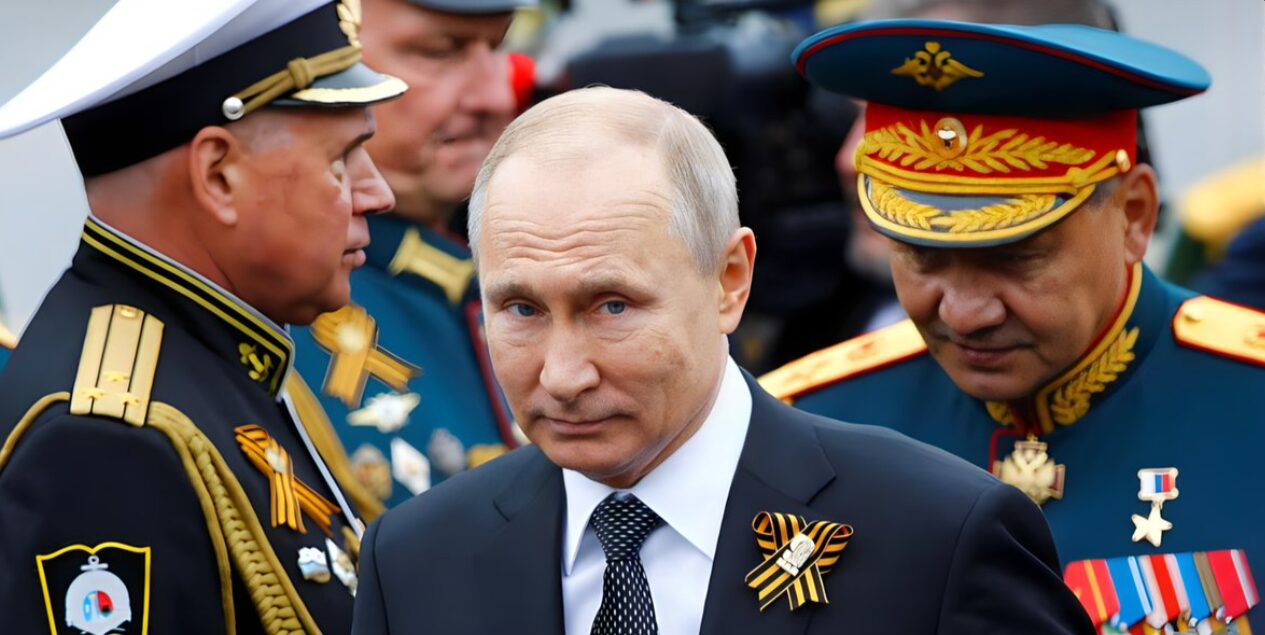
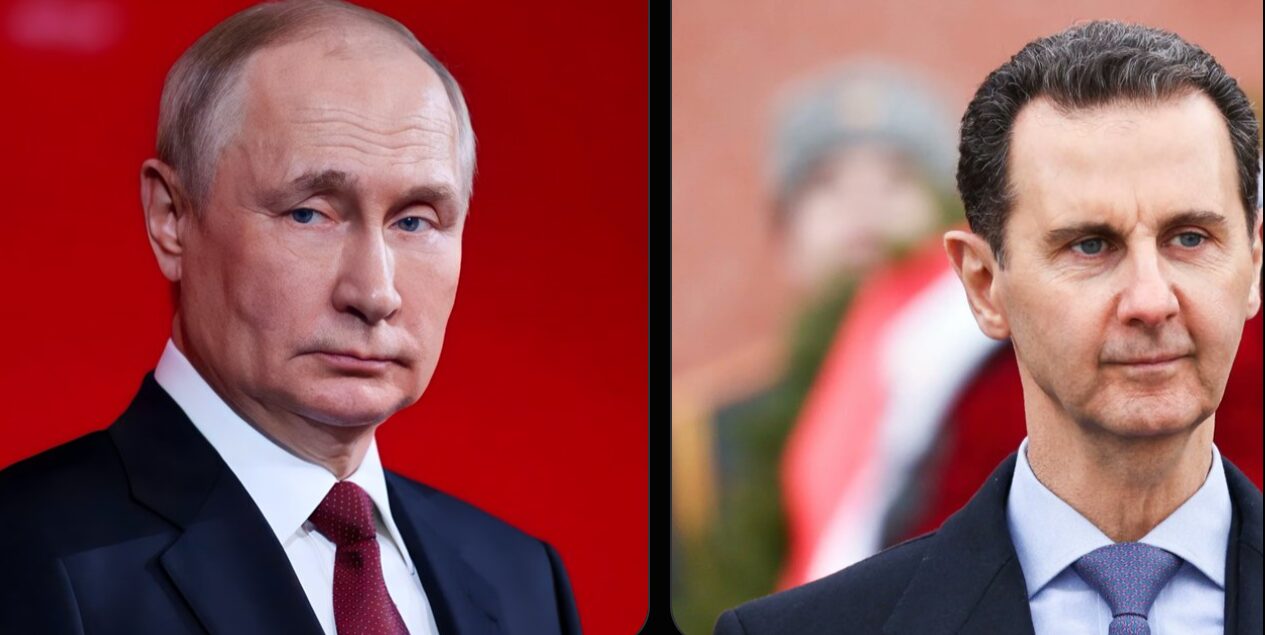
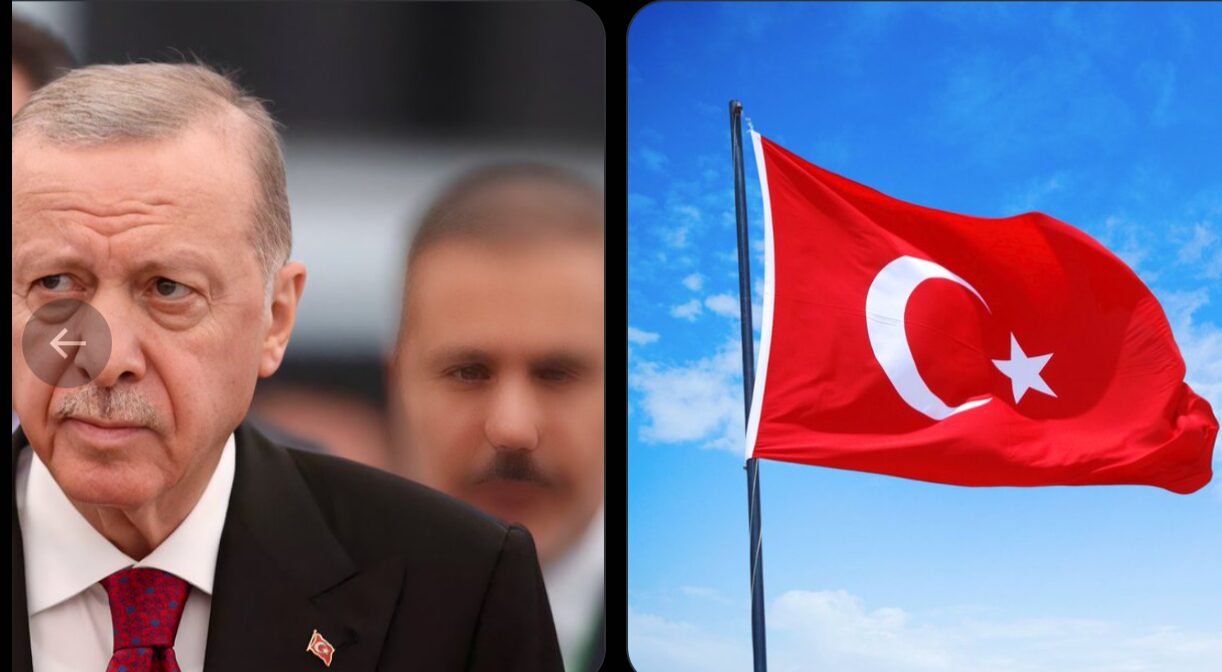



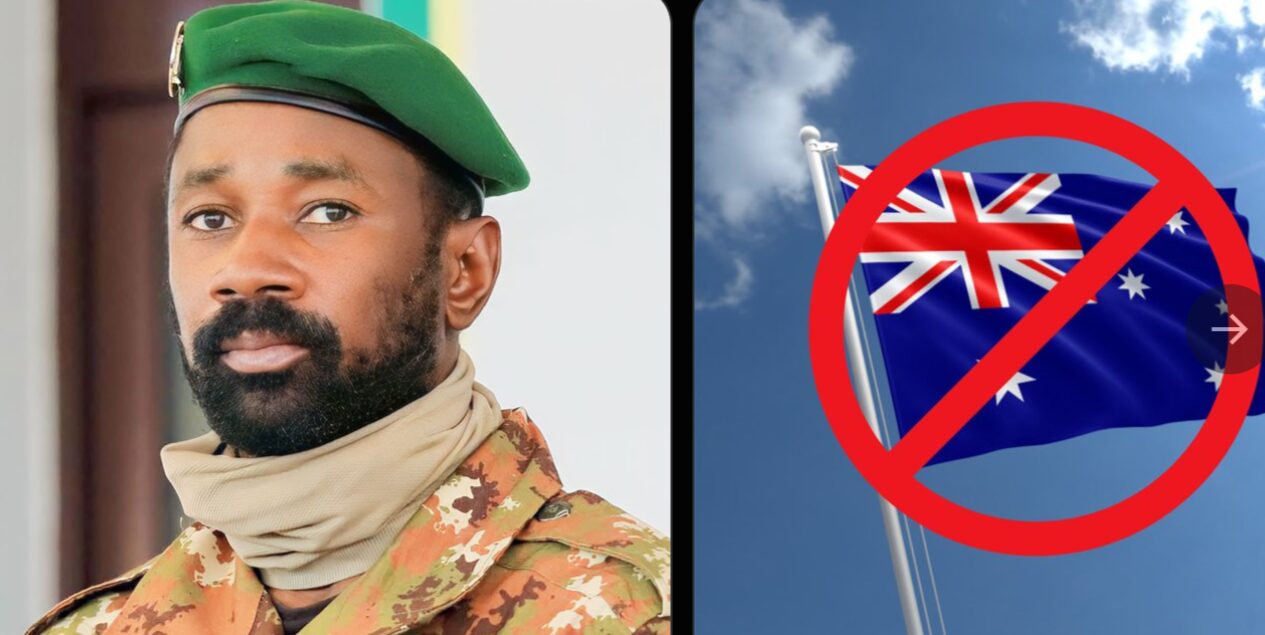
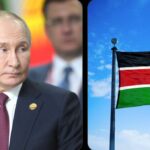








Post Comment